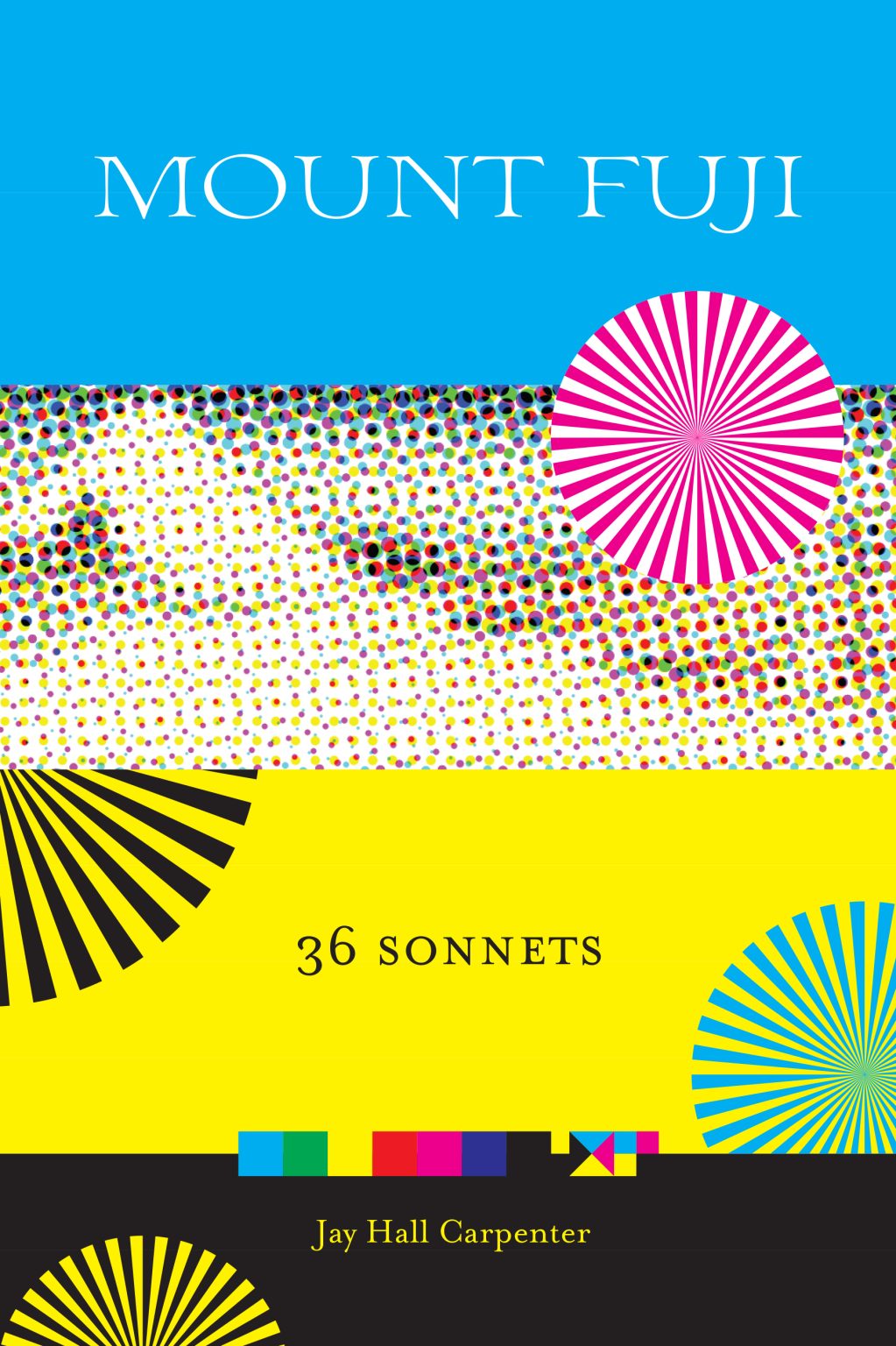
Paperback, 80 pgs.
I am an Amazon Affiliate
Sound Fury by Mark Levine assaults the reader, bombarding them with broken words and lines at unexpected times, sounds that render readers concussed in many ways. “There go another million minutes/In the history of the misery/” (pg. 62-4, “‘strange shadows on you tend'”) His poems tackle a wide range of subjects from identity to ecological destruction, but sometimes the poems are so focused on artistry that the themes are muddled and obscured.
Despite these drawbacks, the collection does provide readers with vignettes of sorrow and insanity. Like in “Lark” where a storm causes significant damage, yet the narrator and the family slept through it.
Lark (pg. 1) Storm of storms: We slept through it In golden stupor. True, it Did its damage before it withdrew. It Emptied our orchard of unharvested fruit Along with a fruit-picking crew it Hurled hither and yon, bushels askew; it Did not apologize, either, though a few it- Ty bitty groans slipped through it- S pores, a sorrowful fugue.
In “Thing and All,” the narrator laments the anonymity and desire for fame or being known, but by the end “It might feel like something/To feel something capturing you/In milled mirroring lenses/As you are and would be/But that self-love/Is nostalgia.”(pg. 18) Here, there is a sense that even self-love is an illusion in this chaotic world.
Levine seems to take “Delight in Disorder,” of course a poem in the collection. And his poem “‘strange shadows on you tend,'” reminds us of the fleeting nature of this chaos we try to make sense of with our assaulted senses: “It is not that he was never here/Or that we were never here./It’s just, oh just that he and we/Have lost a way/Together.” Sound Fury by Mark Levine has moments of clear lucidity and absolute chaos, what we take from the collection is all that we’ve carried with us in this wild world.
Rating: Tercet
About the Poet:
Mark Levine is author of Debt, among others. He is professor of poetry at the Iowa Writers’ Workshop, and is editor of the Kuhl House Poets series for the University of Iowa Press. Levine lives in Iowa City, Iowa.




 About the Poet:
About the Poet:

 About the Poet:
About the Poet:


 About the Poet:
About the Poet:

 About the Poet:
About the Poet:


